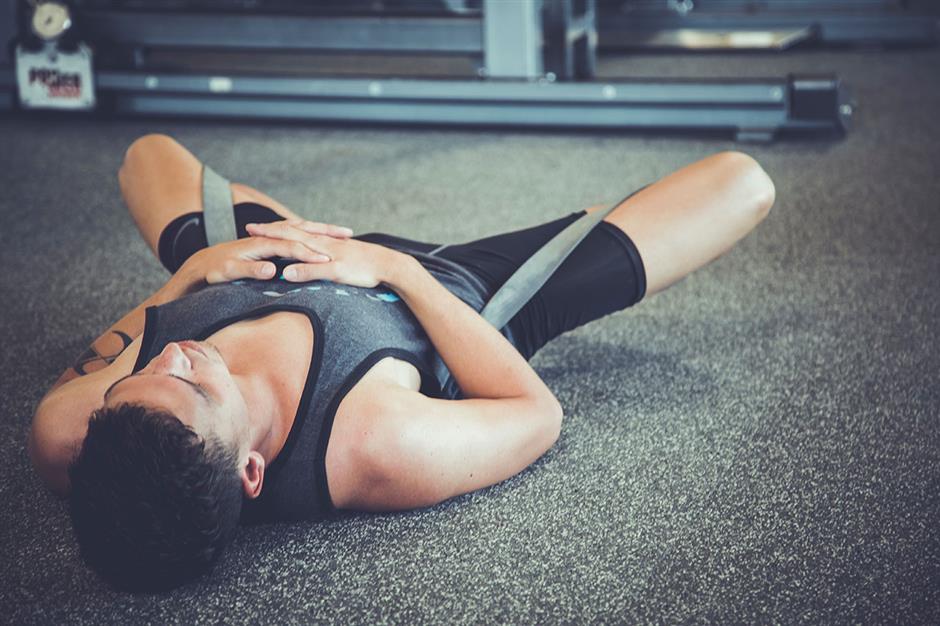
Oh, recovery — we know how important it is, but for a lot of us, it’s difficult to take the time to do it. We get it! Not only are workouts a BLAST but they leave us feeling strong, accomplished and empowered. Who doesn’t love feeling that way?
Exercise is an important part of staying fit and healthy, but recovery is just as (if not more!) important. Rest and recovery days allow our bodies to rebuild the tissue we've broken down through exercise, which, in turn, makes us stronger!
So, how do you make it happen? Here are a few ideas:
Schedule your rest days.
“Schedule your workouts like an important meeting or appointment you can’t miss.” Sound familiar? Rest and recovery days work the same way. Look at your week and your workouts and pick out which days you can commit to active recovery or full rest days.
Advertisement
Stretch.
Whether you’re hitting a slow-flow yoga class, foam rolling in front of your favorite Netflix show, getting a massage or sitting at your work desk, stretching and soft-tissue work allow your muscles to move through new ranges of motion and maximizes flexibility. Want to nerd out on stretching? Check out Stretching to Prepare, Recover and Improve.
Stay moving.
“Rest and recover” doesn’t mean you need to sit on your butt all day! Do some low-intensity, low-impact movements like riding a bike or going for a walk! That will keep the blood flowing through your muscles without adding more stress to your system.
Fuel up (as you wind down).
Advertisement
Casein protein is slower digesting than whey protein, which makes it the perfect option before bed. Think of whey protein like a fire hose: it absorbs quickly but some of it is missed. Casein is more of a slow-drip protein supply and your body absorbs it more fully over a longer period of time.
Drinking casein definitely works but if you want to mix it up a little bit, check out Protein at Night: Eating & Sleeping for Recovery and Late Night Protein Treats for Recovery.
Remember, training works like a bank account. When you train, you're taking “money” out of the bank. When you recover, you're putting “money” back into the bank. So focus on recovery (“saving”) just as much as you focus on training (“spending”). Otherwise, you’re training at a deficit.
Schedule a Free Intro Call
Working Against Gravity has led the macro tracking and health space for over a decade. Our team doesn’t just understand the science of nutrition—we’ve spent years mastering the art of tailoring it to fit your life. That means no cookie-cutter plans, just real strategies that have worked for over 30,000 people.
Schedule a free call with our team to learn how working with a 1-on-1 WAG coach will help you reach your goals.



